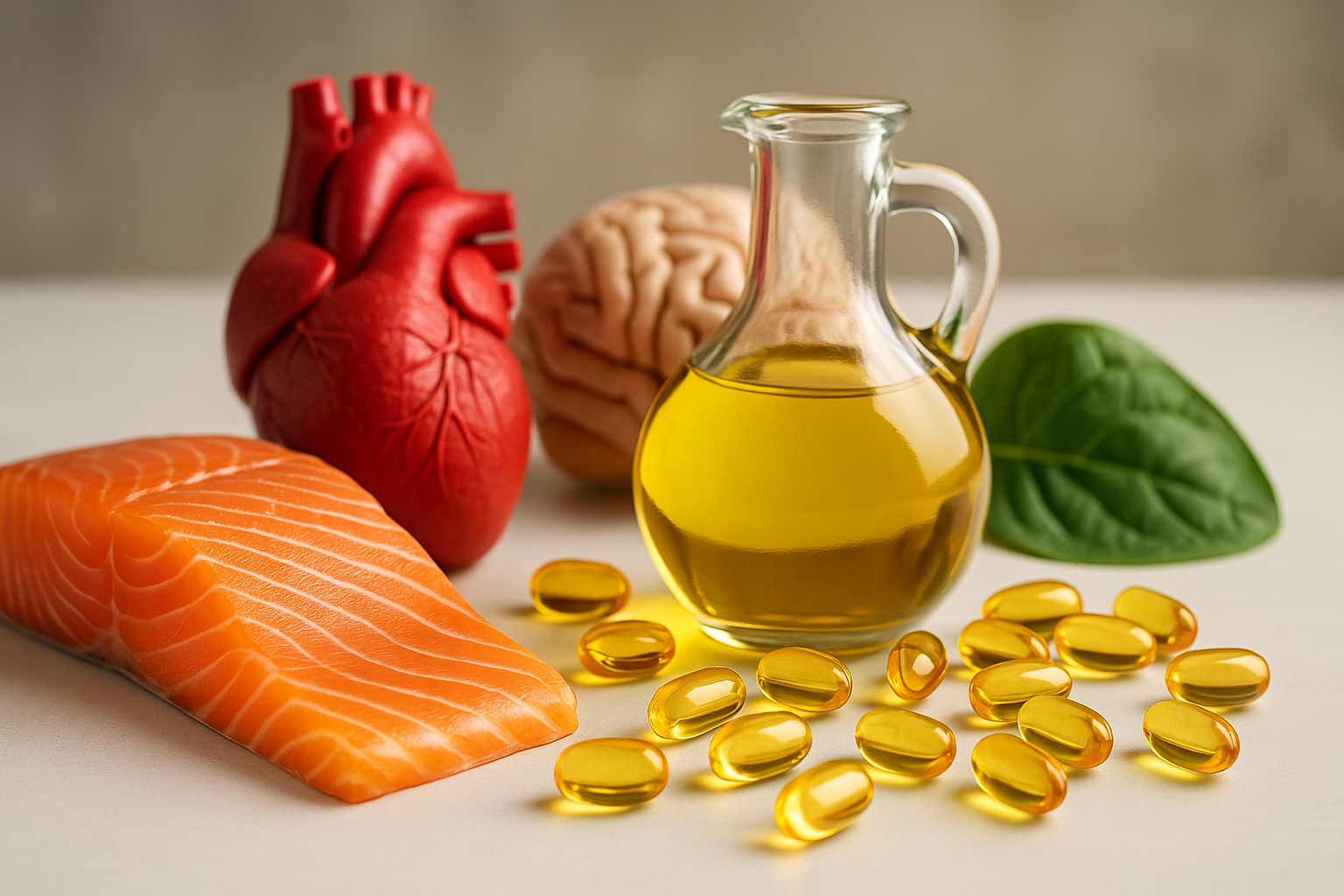
Those affected by winter depression feel listless and listless during the dark season. But nature offers numerous useful helpers - and preventive measures can also be taken.
Summer has long since said goodbye, Golden October 2022 is also a thing of the past - winter is just around the corner. And that is a serious problem for some people. Because they suffer from so-called winter depression. Winter depression, or the winter blues, regularly occurs during the darker months of the year and sends sufferers into a seasonal low mood.
Winter depression only occurs in winter, which is why it can be called winter depression or "seasonal depression", writes Prof. Ulrich Hegerl of the Deutsche Depressionshilfe (German Depression Aid) on an information page of the health insurance company AOK. He goes on to say: "Autumn or winter melancholy is a completely normal human reaction, which has its own charm. The good thing is that only about one to two percent of the population actually suffer from winter depression. You see - winter depression is really very rare. With typical depression, about eight percent of the population falls ill every year, writes Prof. Ulrich Hegerl.
"Many people feel mood swings that vary with the weather and the season. In the dark and cold months of the year, dejection, chronic fatigue, exhaustion and exhaustion can indicate an over-acidification of the body. Especially in winter, we have too little exercise, too little fresh air and too many acid-forming foods such as sweets, mulled wine or fried sausages in our everyday life," says Natura Vitalis founder Frank Felte (www.naturavitalis.de). The company from Essen has long been considered one of the leading manufacturers of natural food supplements and places the highest value on continuous further and new developments of health products on a scientific basis.
He goes on to say: "Depressive moods in the dark season usually start as autumn depression and are caused not least by a lack of light. "The lack of light in the period from November to February is primarily held responsible for the development of winter depression, which is said to affect the brain metabolism. The pineal gland, which is located above the midbrain, is sensitive to light-dark stimuli and reacts by releasing the hormone melatonin. An increased melatonin level has a limiting effect on attention and influences the release of other hormones," emphasises Frank Felte.
While St. John's wort and warm colours can replace the missing sunlight, a blood-cleansing autumn cure can rid the organism of toxins. In this way, slags and waste products are expelled from the body, which would otherwise hinder the detoxification organs in their work. The medicinal herb mixture consists of dandelion herb, field horsetail herb, nettle leaves, birch leaves and rosehip fruits and is taken as a tea three times a day over a period of four to six weeks. Natura Vitalis has developed a whole range of products with natural vital substances to support people with a gloomy mood in winter.
In addition, a diet rich in minerals is recommended. Especially iron, calcium and magnesium should be taken in sufficient quantities. "Iron is necessary for blood formation and increases vitality and zest for life. It is found especially in rose hips, lentils, sultanas, grapes or red cabbage. Potassium is one of the vital minerals and is important for optimal liver function," emphasises Frank Felte. It is found in pears, plums, carrots, potatoes, kale, soybeans, peanuts and hazelnuts. Magnesium, on the other hand, is considered a mineral for stress reduction and counteracts an imbalance in the acid-base balance. It is abundant in soybeans, oats, white beans and lentils as well as coconuts, cucumbers and radishes.
This text
may contain translation errors as the translation was done by an online
translation tool.










